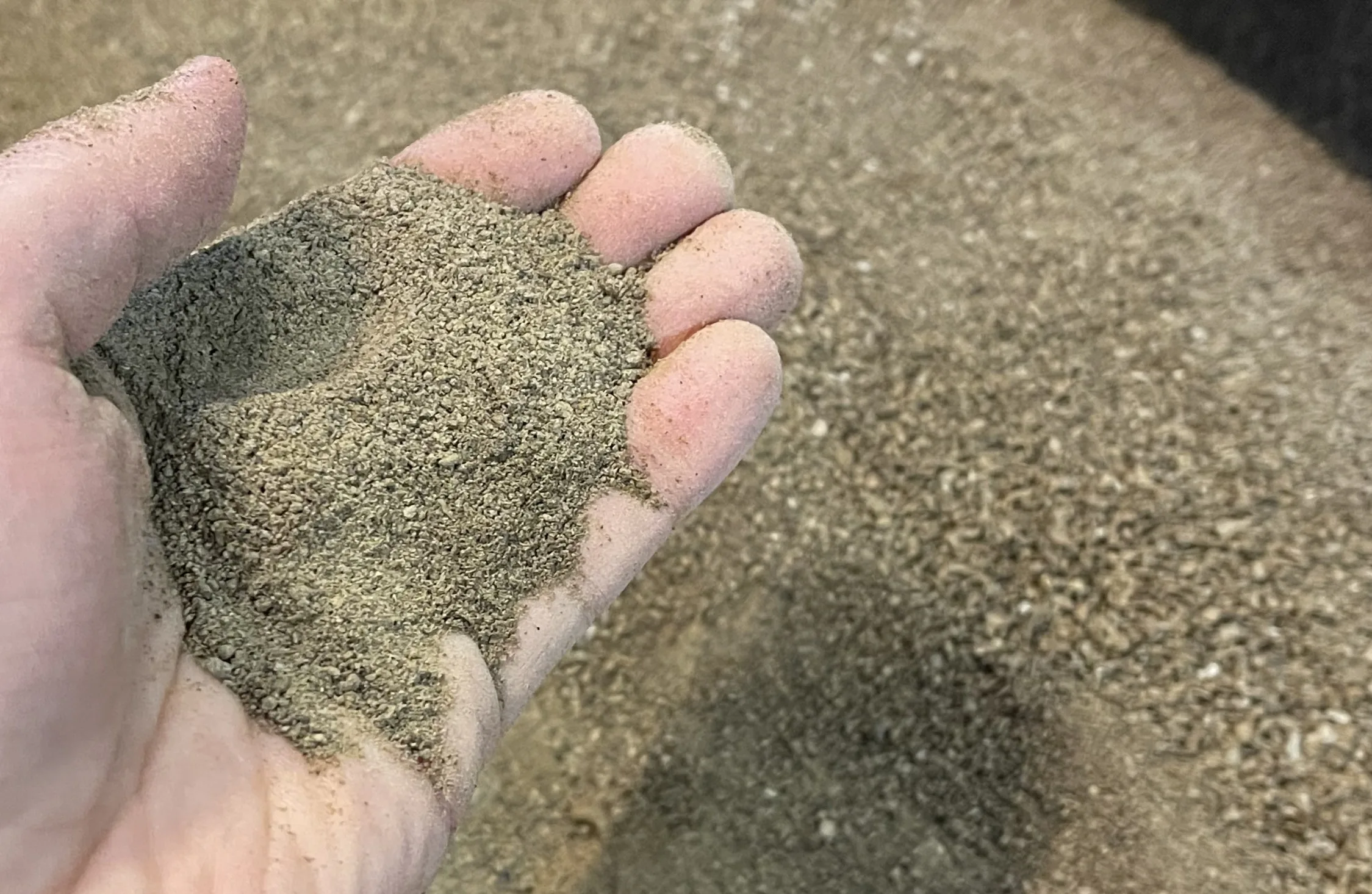
Using insect frass as fertilizer: Best practices and application
Insect frass, such as that from black soldier fly larvae, is a nutrient-rich organic fertilizer that can significantly benefit plant growth. However, its application requires careful consideration of form, dosage, and plant compatibility.
Form of application:
Frass can be used as a dry powder or mixed with water to create a liquid fertilizer. Dry frass is typically applied directly to the soil, while liquid frass (made by steeping frass in water) is used for foliar spraying or soil drenching. Adding water can enhance nutrient availability and absorption, especially for foliar applications. Also, frass can be too strong “as such” for many plants, and requires mixing with soil or water to make sure the plant doesn’t get too much frass too fast and suffer from overdose or even die.
Best practices for application:
- Dosage: Follow recommended guidelines, usually around 1-2% frass by volume in soil or 5-10% concentration for liquid solutions. Over-application can lead to nutrient imbalances or even plants dying at worst case scenario.
- Timing: Apply frass during planting or early growth stages to maximize nutrient uptake.
- Mixing: Incorporate frass into the soil or compost to improve distribution and microbial activity.
- Testing: Conduct soil tests to tailor frass application to specific nutrient needs.
Compatibility with plants:
Frass works well for a wide range of plants, including vegetables, fruits, and grains. It is particularly beneficial for:
- Leafy greens (e.g., lettuce, spinach): High nitrogen content promotes vigorous leaf growth.
- Fruiting plants (e.g., tomatoes, peppers): Balanced NPK supports flowering and fruit development.
- Root crops (e.g., carrots, potatoes): Improved soil structure enhances root growth.
- Grains (e.g., wheat, corn): Micronutrients and microbial activity boost yield.
However, some plants may require additional nutrients beyond what frass provides, so it is often used in combination with other fertilizers. When used correctly, frass enhances soil health and plant productivity, making it a valuable tool in sustainable agriculture.
Learn more about BSF farming in the
Insect Farm Hub!
Manna Insect has launched a comprehensive insect farming platform designed for learning, managing, monitoring and networking. There are tons of free content about insect farming, as well as a lot of paid premium content, that dives even deeper in black soldier fly business.
Do you already follow us in LinkedIn? We share insights and news about BSF farming and insect business daily in Manna Insect LinkedIn page, come and join the discussion!
